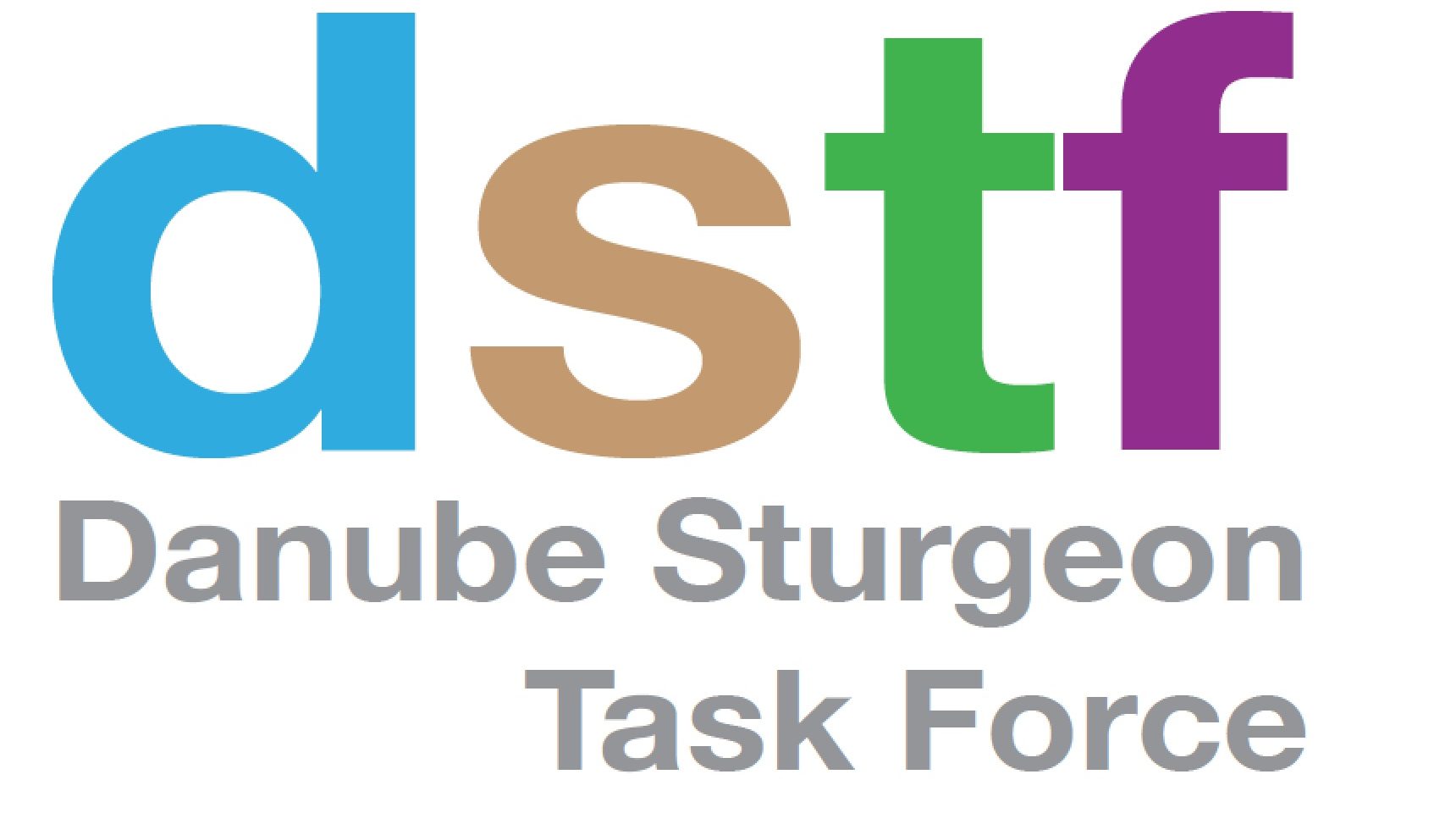DSTF issues a position paper on the need for a continuation of the sturgeon fishing moratorium in the Danube River and Black Sea
The Danube Sturgeon Task Force is a multi-stakeholder group, platform and interface for the conservation of Danube-Black Sea sturgeons within the framework of the EU Strategy for the Danube Region which has been closely collaborating with WSCS since its foundation.
With the expiry of the current sturgeon fishing bans in Romania and Bulgaria, the only 2 countries in the Black Sea Basin, where sturgeon fishing is not prohibited permanently, the DSTF issues a call for action.
The DSTF points out that the prolongation of the moratorium on commercial sturgeon harvest is essential for the survival of the species due to the dire situation of the sturgeon populations in the Danube with two species being extinct, one species is on the brink of extinction, and the remaining species and populations are severely depleted. International (e.g. IUCN) and national assessments (for example under the EU Habitats Directive) have revealed, that all sturgeon populations in the Danube-Black Sea system are endangered, most of them critically so. The populations are currently in a condition, where the loss of each and every individual means a non-recoverable damage. When viable stocks are considered the basic prerequisite for any type of sustainable fisheries, the Danube is far away from commercial harvest. In addition, IUU fishing, such as poaching and bycatch, currently further diminish the dwindling stocks as has been proven by the repeated identification and confiscation of illegally captured sturgeons from poachers. Unfortunately, the successes of law enforcement action against poachers still only document the tip of the iceberg. Other pressures such as loss of habitat and migration routes (for example through in-river constructions for navigation projects), their degradation (for example through dredging activities) limit the access of sturgeons to suitable spawning grounds, and must be dealt with, before populations can be recovered and stabilised.
For details on population development and harvest see https://dstf.info/documents/





